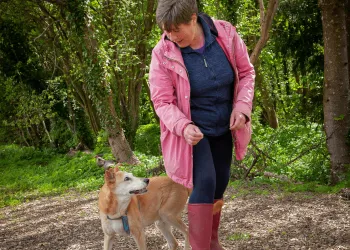What exactly will be covered in The Club?
You join for 12 months and as you progress through your membership, you will get access to one new masterclass each month. They cover the essential subjects for training and managing high prey drive dogs. They give structure to the year.
Do remember that what you are joining is bespoke training so don't feel tied to the masterclasses. I will be there at every step to guide you to the parts that will be most helpful for you.
Here are the subjects covered:
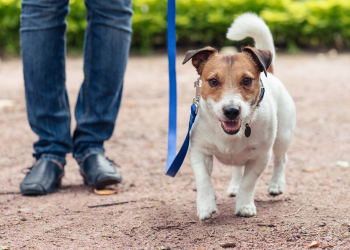
Lead Walking:
Learn how to manage loose lead walking, prevent pulling and lunging, plan successful walks, and handle freezing in place — all while understanding the role of arousal in your dog’s behaviour on lead.
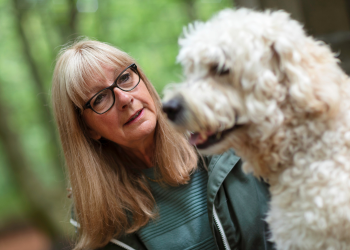
Observation Skills:
Develop great observation skills to spot prey triggers, understand weather impacts and manage arousal levels for calmer, more enjoyable walks.

Mindset for Success:
Overcome guilt, set clear goals, plan for success, and develop a positive, confident mindset that will help both you and your dog thrive.
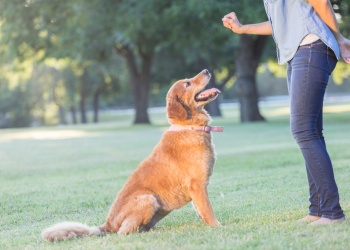
Impulse Control & Stillness:
Teach your dog to control their impulses, follow your commands and enjoy being still prevent taking off after prey. And learn how to use food rewards effectively.
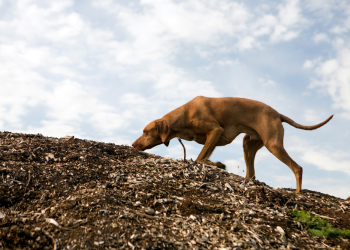
Meaningful Prey Drive Outlets:
Provide safe and satisfying outlets for your dog’s prey drive, without worsening their instincts. Including chase, grab and kill behaviours.
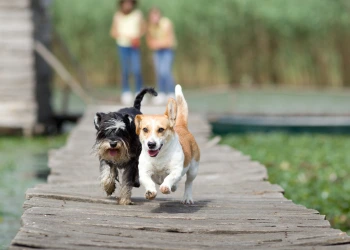
Emergency Stop & Recall:
Master the emergency stop. Improve your dog's attention and obedience. Plus tailor recall training for prey drive to ensure your dog comes back reliably and happily.

